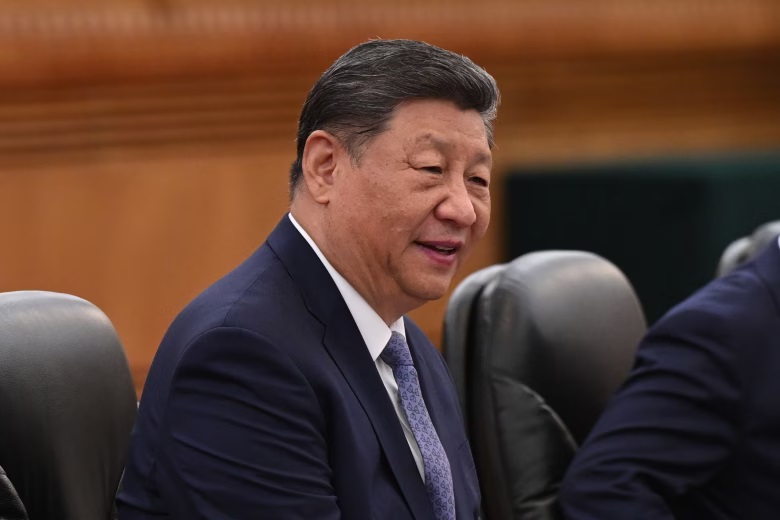Chinese President Xi Jinping is expected to skip the upcoming Association of Southeast Asian Nations (ASEAN) leaders’ summit scheduled for October 26-28 in Kuala Lumpur, according to sources familiar with the matter. This development disappoints hopes of a face-to-face meeting between Xi and U.S. President Donald Trump, who is confirmed to attend the event. Such a meeting had been anticipated as a potential opportunity to ease ongoing trade tensions between the two powers during Trump’s second term.
Malaysian Prime Minister Anwar Ibrahim had earlier indicated that both Xi and Trump would attend the summit, raising speculation about a high-profile encounter. However, Chinese Premier Li Qiang, who previously represented China at other regional summits, is now expected to attend on behalf of China. The Malaysian foreign ministry has remained silent on the specifics of Xi’s attendance, and China’s Ministry of Foreign Affairs stated they had no additional information on the matter.
Trump has confirmed his participation in the ASEAN summit, marking his first visit to Southeast Asia since 2019. He has expressed optimism about sealing a trade deal with China by the year’s end, suggesting a possible meeting with Xi later this autumn at the Asia-Pacific Economic Cooperation (APEC) summit in South Korea. If such talks materialize, it would be a crucial step in the delicate trade truce between Washington and Beijing.
Historically, it is uncommon for Chinese presidents to physically attend ASEAN summits. Since Xi took office in 2012, he has only participated virtually in a 2021 special summit. Similarly, U.S. presidential attendance at ASEAN meetings is rare, with Trump attending only once in 2017 and Biden joining remotely in 2021 before attending in person in 2022. This context underscores the significance and complexity of face-to-face diplomacy in the region.














